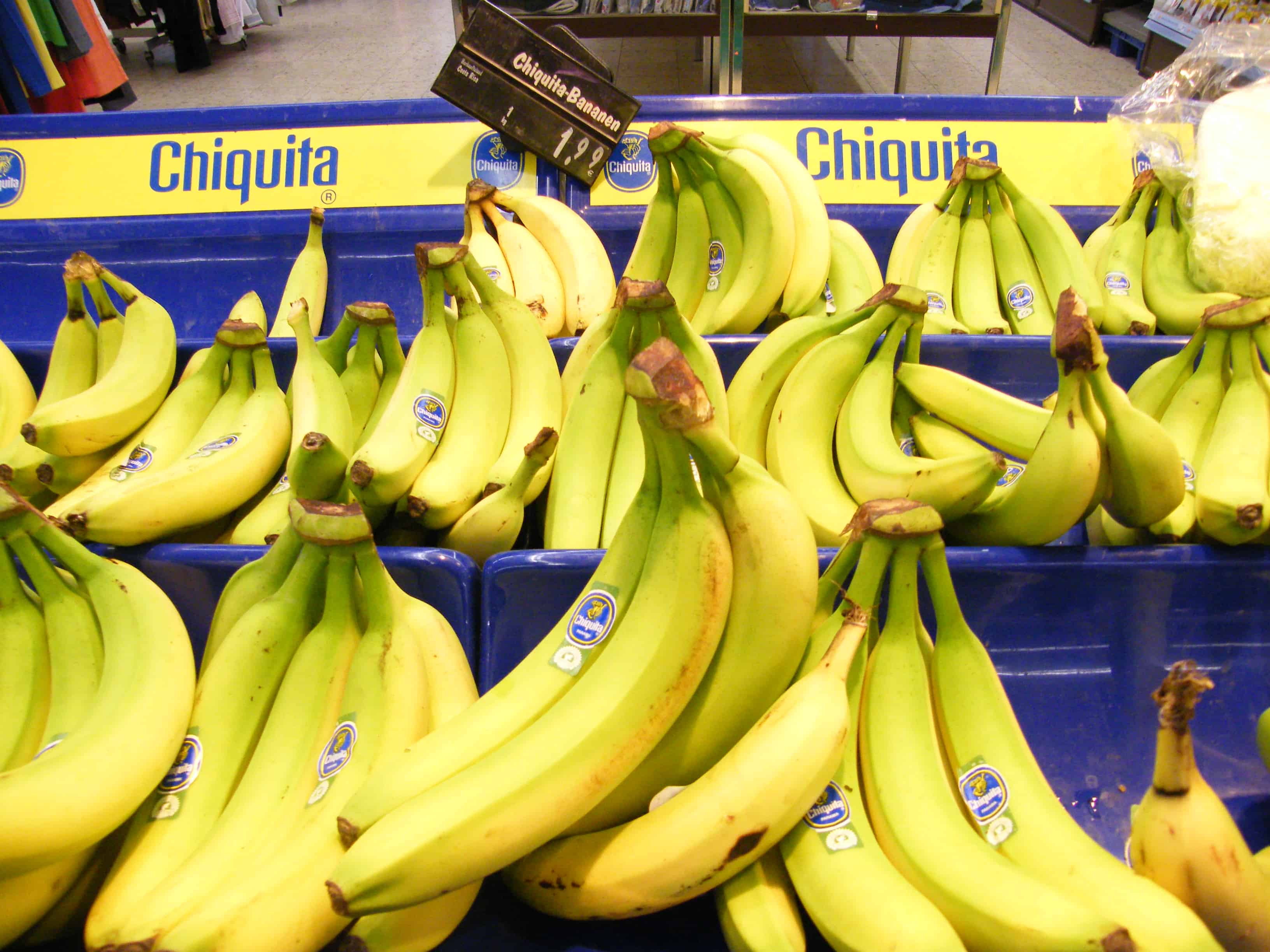Colombian justice on Wednesday sentenced seven former executives of the multinational banana company Chiquita Brands to more than 11 years in prison and a $3.4 million fine for financing paramilitary groups during the country’s internal armed conflict.
It is the first conviction of Chiquita executives in Colombia, following a U.S. court ruling in 2024 that ordered a multimillion-dollar compensation for victims of the war.
On Wednesday, a court in the department of Antioquia (northwest) found the seven defendants guilty of the crime of “aggravated conspiracy to commit a crime,” due to their ties in the banana-growing region of Urabá with the United Self-Defense Forces of Colombia (AUC), who were responsible for numerous crimes during the worst period of the conflict, according to the verdict obtained by AFP.
Among those convicted are three former executives who served as general managers of the company in Colombia between 1990 and 2004. One of them is American Charles Dennis Keiser. Three other former senior officials were acquitted.
Colombian authorities concluded that the multinational transferred around $2 million to the now-defunct far-right AUC between the 1990s and 2000s.
The funds provided by the company to the AUC “were used to finance the expansion of paramilitarism in the region,” which facilitated the actions of paramilitaries who committed murders, forced disappearances, and torture against social leaders and rural farmers, said the prosecutor’s office.
Since investigations began in the United States, the company has claimed it was the victim of extortion and said the payments were made to protect its personnel.
Fear and violence
Antonio Sanguino, Minister of Labor under the leftist government of President Gustavo Petro, called the tribunal’s ruling “historic” and “exemplary” on social media platform X. “For years, rural workers were victims of fear and violence. Today, justice responds,” he wrote.
The AUC paramilitaries sowed terror for two decades in a brutal war against leftist guerrillas, at times acting with the support of the regular army.
Around 20,000 fighters from these squads demobilized between 2003 and 2006 under then-President Álvaro Uribe (2002–2010). Several multinationals have been accused of ties to paramilitaries in Colombia.
This month, the prosecutor’s office seized two offices in Bogotá belonging to the Anglo-French oil company Perenco, accused of links with the AUC in the department of Casanare (northeast), to secure a victim reparations fund in that region.
Since 2023, executives of the U.S. mining company Drummond have been on trial in Colombia for alleged ties to the paramilitaries in the department of Cesar (north).
Colombia’s conflict has left more than 10 million victims over the past half-century, including one million dead and 200,000 disappeared.
Chiquita’s origins trace back to the United Fruit Company, a multinational known for its involvement in Latin American politics during the first half of the 20th century.
Historians say the company was involved in the 1954 coup against Jacobo Árbenz in Guatemala, and in a 1928 massacre of striking banana workers in Colombia, believed to have killed more than 1,000 people, among other events.






